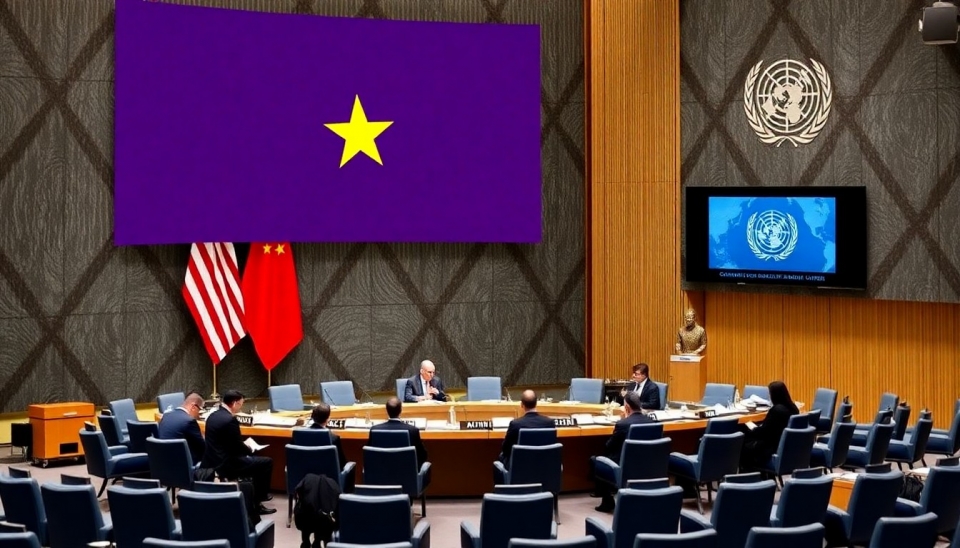China Accuses US of Bullying the World with Tariffs at UN Meeting

At a recent meeting in the United Nations, China criticized the actions of the United States, accusing them of attempting to dominate the international arena through the imposition of tariffs. According to Chinese officials, the US is using economic pressure as a tool to achieve political goals, which threatens the stability and development of the global economy.
The Chinese delegation pointed out that such measures, particularly the introduction of high trade tariffs, negatively impact not only bilateral relations between the two powers but also the entirety of international trade, creating additional barriers to the economic development of countries worldwide. These actions are perceived as a form of economic bullying, which, according to China, will not lead to constructive solutions.
China also emphasized that international cooperation should be based on equal terms and mutual respect. In response to the anti-China tariffs imposed by Washington, Beijing expressed its readiness to defend its economic interests and support fair trade. However, Chinese diplomats underscored that they are open to negotiations with the US to ease tensions in trade relations.
Meanwhile, analysts note that such accusations highlight the growing tension between the two largest economies in the world. In light of this conflict, many countries are beginning to realize the risks of dependence on one of these economies, leading to a reevaluation of their trading strategies.
The Chinese side calls for a multipolar world order where countries can cooperate on the basis of mutual benefit. Beijing asserts that a balanced and fair economic environment is essential for sustainable growth and global stability.
Thus, this statement at the UN meeting highlights the importance of dialogue and adherence to international trade rules in the face of modern economic pressure. Upcoming negotiations between the US and China are expected to have serious consequences for the future relations between these countries and the global economy as a whole.
It is important to note that these events are unfolding against the backdrop of other significant international issues, such as climate change and global threats, making the need for joint actions even more apparent.




